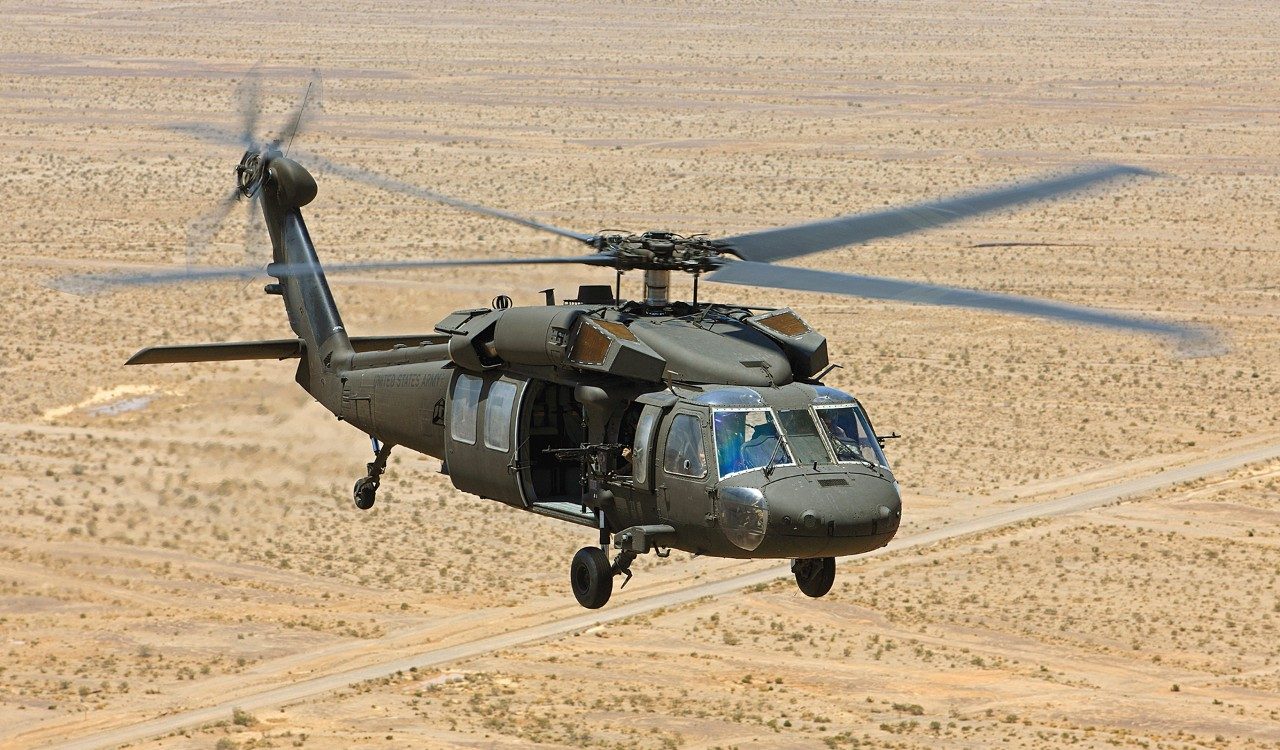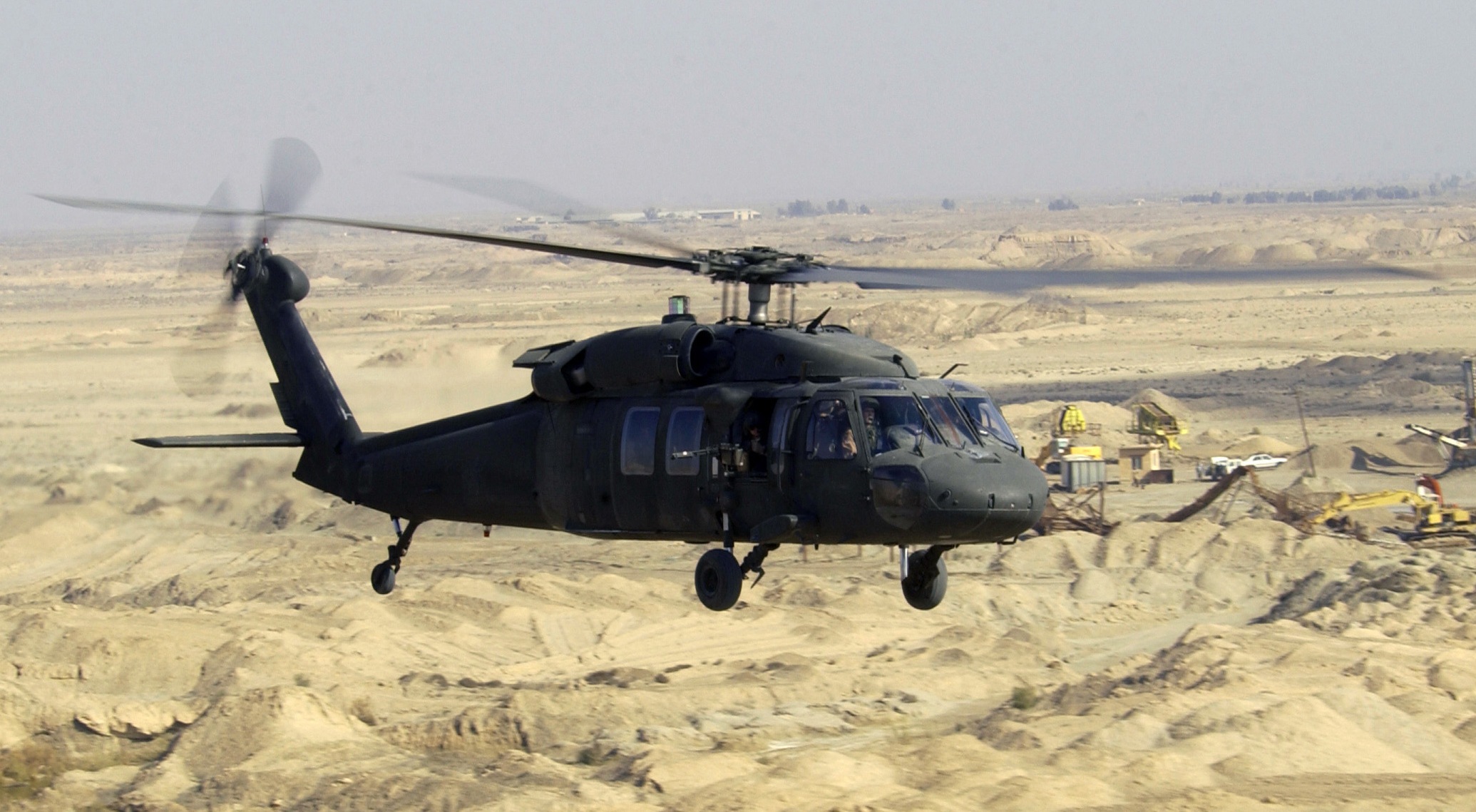UH 60 Black Hawk: From Concept to Modern Day Applications
UH 60 Black Hawk: From Concept to Modern Day Applications
Blog Article
The Duty of Airplane fit Worldwide Transportation and Trade Characteristics
The development of aircraft has actually indelibly transformed global transport and profession dynamics, assisting in extraordinary degrees of connection and efficiency. Via the facility of robust air freight networks, companies can now browse global markets with amazing rate and agility, therefore redefining supply chain techniques. This transformation is not without its obstacles, as the aviation market grapples with sustainability worries and regulatory pressures. As we discover the multifaceted influences of aircraft on worldwide profession, it is necessary to consider exactly how these factors will form the future landscape of aviation and its function in the economic situation.

Development of Air Transportation
The development of air transportation has actually been noted by substantial technological innovations and developments that have transformed the way people and products cross the world. From the Wright siblings' first powered trip in 1903 to the growth of supersonic jets, each milestone has highlighted the relentless search of efficiency and rate in flight. Early aircraft were mostly rudimentary, limited by engine power and architectural stability. However, the introduction of advanced materials and aerodynamics in the mid-20th century resulted in significant renovations in airplane safety, dependability, and efficiency. uh 60.
The latter part of the 20th century observed the appearance of industrial aviation as a viable setting of transport, identified by the intro of jet engines, which transformed air travel by dramatically minimizing flight times. The rise of air freight in parallel with guest services has actually even more emphasized the adaptability of aeronautics.
Impact on Global Profession
Air transportation has actually exceptionally reshaped international profession by helping with the swift movement of items throughout large ranges. This expedited logistics capacity enables businesses to react swiftly to market demands, thus improving supply chain performance. The capacity to transport disposable products, high-value things, and time-sensitive products has actually opened up brand-new markets and opportunities for various sectors, considerably influencing profession patterns.
Furthermore, the development of air freight networks has actually promoted globalization, making it possible for business to source materials and products from different components of the world perfectly. This interconnectedness lowers preparations and expenses, allowing organizations to remain affordable in a progressively worldwide market. Furthermore, air transport plays an essential role in ecommerce, where consumer expectations for quick distribution have actually driven a surge in demand for air freight services.
The impact of airplane on worldwide trade extends to the production of tactical profession routes, connecting regions and helping with global collaborations. Nations that spend in air transport facilities typically experience enhanced economic development and raised international straight investment. In general, the evolution of air transport has not only changed the logistics landscape however has likewise come to be an essential component in the characteristics of international trade.

Economic Benefits of Air Travel
A durable aviation industry produces considerable financial benefits, adding to work creation, tourist, and general economic development - uh 60. The aviation market sustains countless jobs internationally, ranging from straight work in airlines and airports to indirect roles in fields such as friendliness, transport, and logistics. According to Your Domain Name market reports, for every single task in the aviation field, around 3.5 additional tasks are created in the wider economic situation
Tourism is a critical element of the financial benefits acquired from aviation. Air travel assists in international tourist, enabling vacationers to check out varied destinations, which consequently boosts regional economies. Countries that spend in their aeronautics infrastructure usually experience boosted visitor arrivals, resulting in greater investing on solutions such as attractions, resorts, and restaurants.

In addition, aeronautics enhances international connection, making it possible for services to access new markets and sources efficiently. This connection fosters international trade, enabling the quick motion of products, which is essential in today's globalized economy. Consequently, sectors such as ecommerce and production benefit exceptionally from reliable air transport, additional driving economic development. On the whole, the air travel sector stays a cornerstone of financial vitality, emphasizing its indispensable role in shaping contemporary economies.
Obstacles Facing the Air Travel Market
Navigating a complicated landscape of regulative, ecological, and economic obstacles, the aeronautics industry encounters considerable hurdles that threaten its sustainability and development. Regulations bordering safety and protection are continually developing, requiring recurring compliance and adaptation from airlines and producers (uh 60). This can lead to boosted functional expenses and resource allowance that diminishes development and development additional resources initiatives
In addition, ecological worries have become critical, with growing scrutiny over carbon discharges and environmental pollution. The market is under pressure to embrace greener methods and innovations, which frequently call for considerable financial investment in research study and development. Balancing these ecological obligations with the need for flight provides a substantial obstacle.
Financial fluctuations, such as climbing fuel costs and geopolitical uncertainties, even more make complex visit this web-site the landscape. Airline companies regularly come to grips with unstable operating expense and fluctuating guest demand, which can affect earnings and long-term planning. Labor lacks and ability gaps in essential areas include one more layer of complexity, preventing functional performance.
Ultimately, dealing with these diverse difficulties is vital for the aeronautics sector to maintain its critical function in global transportation and trade, while guaranteeing resilience and flexibility in a progressively affordable market.
Future Fads in Air Travel
Shifting and emerging modern technologies consumer preferences are positioned to improve the future of air traveling significantly. The integration of artificial intelligence and maker understanding is anticipated to enhance functional efficiency, enhance airport processes, and boost client service. Predictive analytics will certainly promote extra accurate demand forecasting, allowing airlines to maximize flight schedules and rates models.
Sustainability is becoming a crucial motorist in flight, with the aviation sector increasingly concentrated on minimizing carbon discharges. Developments in airplane style, such as hybrid and electric propulsion systems, are being checked out to meet ecological targets. The adoption of lasting aviation fuels (SAFs) is expected to play a vital role in accomplishing net-zero exhausts by 2050.
Consumer preferences are shifting in the direction of customized travel experiences. Airlines are purchasing sophisticated information analytics to customize services and improve client engagement, making certain a more personalized trip from scheduling to arrival. Additionally, the rise of remote job might cause enhanced demand for recreation traveling, as individuals seek to integrate job and getaway.
Final Thought
In conclusion, airplane substantially influence international transportation and profession characteristics by assisting in fast motion and boosting supply chain performance. The development of air transportation has changed global trade, generating significant economic benefits while also presenting obstacles that call for tactical management. Future patterns show a continued dependence on aviation for commerce, highlighting its essential duty in globalization and economic growth. The continuous adaptation of the air travel market will certainly be necessary for maintaining its payments to the global economy.
The last component of the 20th century observed the introduction of commercial aviation as a sensible setting of transportation, defined by the intro of jet engines, which changed air travel by dramatically minimizing trip times. The rise of air cargo in parallel with guest services has actually better underscored the adaptability of air travel. In addition, air transport plays a critical function in ecommerce, where customer assumptions for quick distribution have actually driven a surge in demand for air products solutions.
On the whole, the evolution of air transport has not just changed the logistics landscape but has likewise come to be a crucial component in the characteristics of global profession.
Sustainability is coming to be a key motorist in air travel, with the aeronautics market significantly focused on reducing carbon emissions.
Report this page